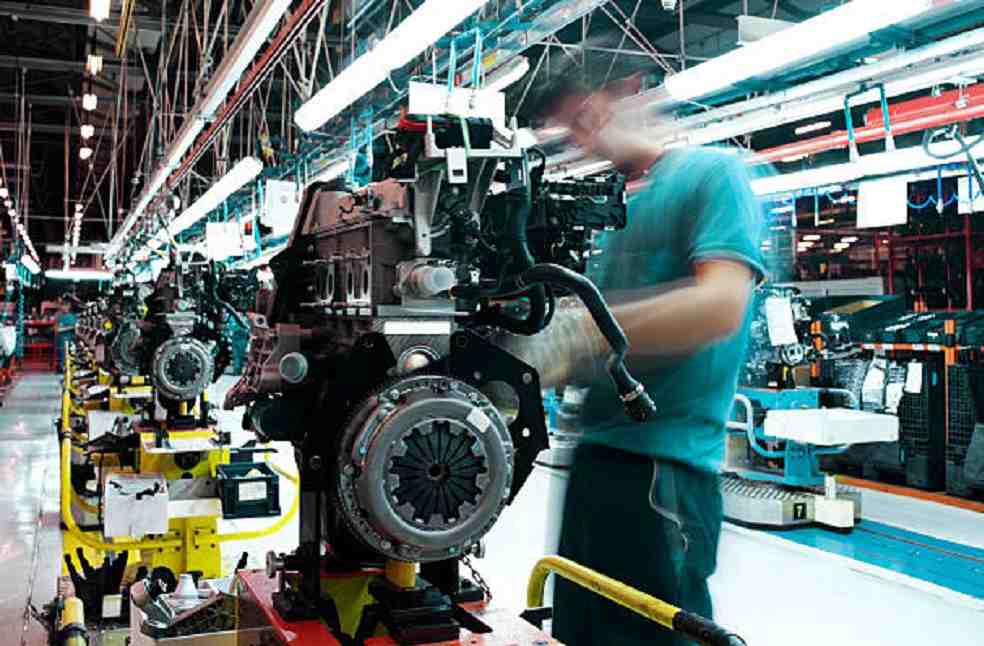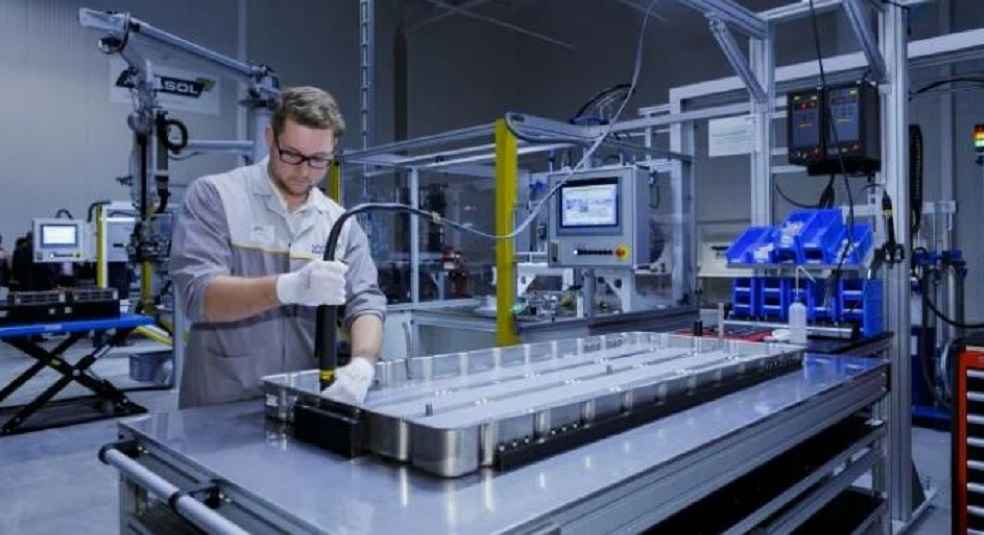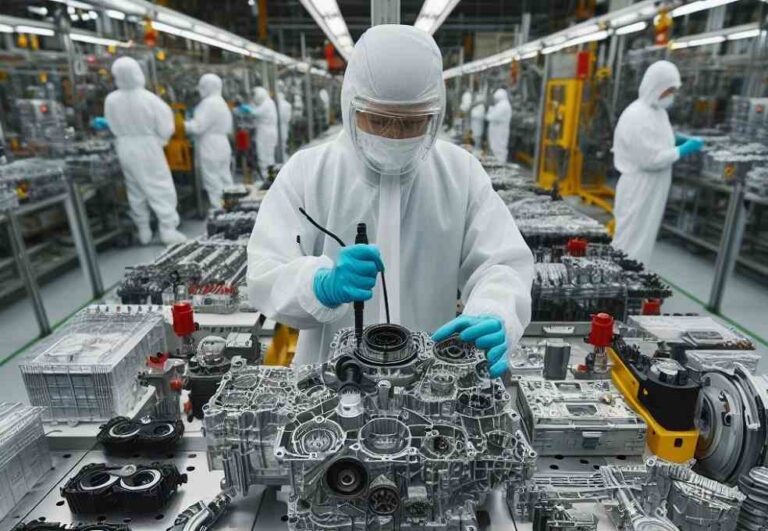Iran’s automotive parts manufacturing industry is experiencing significant growth, driven by over 1,850 companies working at full capacity. This development underpins Iran’s broader automotive sector, which now ranks 20th globally, with an annual output exceeding 1.2 million vehicles. Officials recognize that a strong auto parts industry is vital for ensuring vehicle safety, quality, and performance.
Since the Islamic Revolution in 1979, Iran’s industrial development has faced persistent sanctions, with the automotive and parts sectors being early targets under the Trump administration’s renewed sanctions in 2018. Despite these constraints, local manufacturers responded swiftly by producing components previously imported, allowing Iran to develop indigenous capabilities in assembling both semi knocked-down (SKD) and completely knocked down (CKD) kits.

The auto parts sector operates independently from automakers in terms of technical expertise and infrastructure, but plays a foundational role in supporting the national automotive production cycle. It demands cutting-edge technologies, regulatory compliance, and high R&D investment, challenges that particularly affect small and medium-sized enterprises. Still, it presents a key avenue for innovation, value addition, and sustainable growth.
Iran’s geographical advantage offers access to an untapped regional market of 600–700 million people. Recent economic engagements, such as its entry into BRICS, the Shanghai Cooperation Council, and the Eurasian Economic Union, have opened new trade pathways. Collaboration with Russia is gaining momentum, with 15 Iranian companies recently participating in the MIMS Automobility Moscow exhibition to showcase automotive components and technology.

While the sector enjoys full state support, many economists argue for macroeconomic reforms. Critics say government control and monopolies have stifled innovation and quality improvements despite rising prices. They advocate for a shift in government role, from market player to regulator, to foster private sector growth and competitiveness.
GENERAL | Dodge Drops Daytona R/T for 2026, Shifts Focus to Scat Pack





